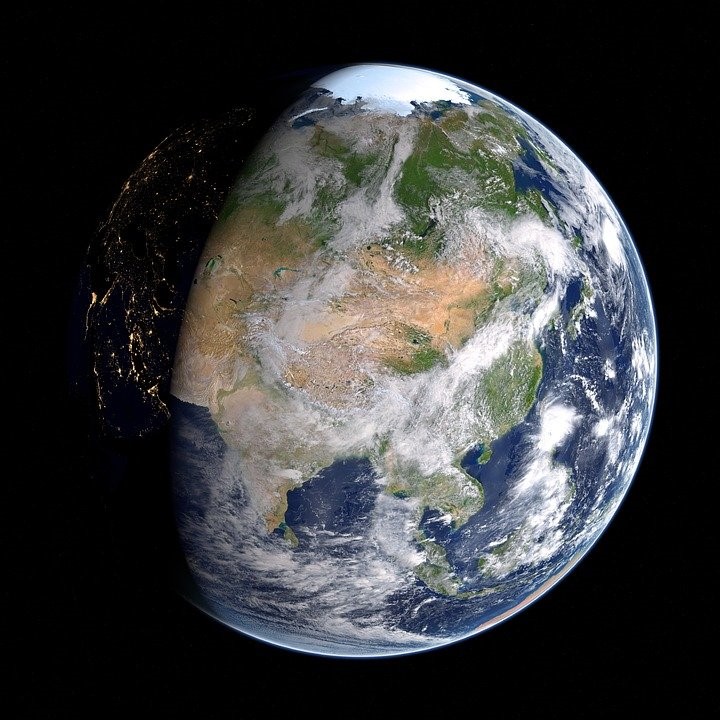The BBC reports China’s President Xi Jinping has “questions” and is growing more “concerned” over the Russian invasion of Ukraine. Reports from the Xi-Putin meeting on Thursday say the Russian president acknowledged his counterpart’s position. The two “great power” leaders met in the central Asian country of Uzbekistan for talks over China’s willingness to support Russia in its war in Europe. Their discussion was a sideline chat that occurred during a meeting of the Shanghai Cooperation Organization (SCO) Summit in Samarkand. China has not officially endorsed Putin’s “special military operation,” and reportedly has concerns about the current status of the war. Since February China’s imports from Russia have increased, especially in the energy and agricultural sectors, delivering much needed funds to Moscow to enable Putin to continue his war. It leaves China in a precarious position with Western states that are imposing sanctions on countries trading with Russia.
Xi is facing political and economic challenges from the West over the country’s human rights record and threatening behavior toward Taiwan. The intensifying China-Russia partnership also is raising questions among democratic leaders who view Putin as getting more out of the relationship, but Xi refusing to back away from his lǎo péngyǒu. The phrase lǎo péngyǒu [老朋友] translates as “old friend” and carries with it connotations that indicate Xi was signaling to Putin and the world that their relationship is strong, or at least one of great convenience for now. The balance in the relationship has changed over the decades as China has grown stronger than Russia and has a more modernized economy and military. Beijing also is becoming more active in international organizations and exerting its influence far from its shores.
The optics at the SCO Summit are significant according to political analysts in Washington. China holds it Communist Party Congress next month in Beijing. Xi is seeking his third five-year term amid reports of renewed Covid lockdowns across entire cities and provinces each time there is an uptick in virus cases. This marks Xi’s first international trip since the start of the pandemic. Last winter Putin traveled to Beijing and met with Xi during the Winter Olympics where the two leaders publicly declared their friendship strong and “without limits.” Within days of the visit Putin invaded Ukraine. This week’s meeting ended in a carefully worded statement by Xi in response to the Russian invasion of Ukraine. China only urged ending hostilities but never condemned Russia’s actions. To date, the Chinese government will only refer to the war as a “special military operation,” despite global condemnation of Putin. It remains beneficial for China to maintain the balance and retain control of the bilateral relationship.
Xi has reinforced his support of Putin by sending troops to participate in joint military exercises with Russia, delivering economic aid, and sending senior officials from Beijing to meet their counterparts in Moscow. China’s expanding economy demands vast amounts of energy to support it. Discounted prices of oil and gas exported from Russia are beneficial to Xi. According to a BBS report by Tessa Wong and Simon Fraser this week, “Last month Beijing also agreed to pay for gas in Russian roubles and China yuan, giving Moscow a much-needed alternative to dollars as a foreign reserve, while furthering China’s interests in boosting the yuan as an international currency.”
Each country has its own reasons for maintaining the relationship to date. US intelligence sources point out that Moscow is turning out of desperation to other states such as Iran and North Korea for weapons as Xi, so far, appears unwilling to provide Moscow with the advanced weapons it seeks. This may be due, in part, to China’s need for Western international markets and its political and economic aspirations in Central Asia. Xi understands that four of the SCO member states from Central Asia do not support the Russian invasion. They once suffered under Soviet domination and, while needing Russian economic support, do not desire a return to satellite state status. Xi understands this, the geopolitical implications of balancing the Russian relationship internationally, and its impact on domestic politics before the Chinese Party Congress. “China is willing to work with Russia to play a leading role in demonstrating the responsibility of major powers, and to instill stability and positive energy into a world in turmoil,” Xi told Putin.
The Chinese president knows keeping the relationship stable secures the country’s border regions and delivers the critical energy supplies needed to grow the Chinese economy. Al Jazeera described the dynamics of the meeting this week as Putin coming “hat in hand” to meet with China. The two countries may be working together out of convenience, but it is no longer a pairing of equals. China is using Russia in the short-term while adeptly sidestepping a full alliance as it seeks its long-term goal of resetting the world order in Beijing’s favor.
